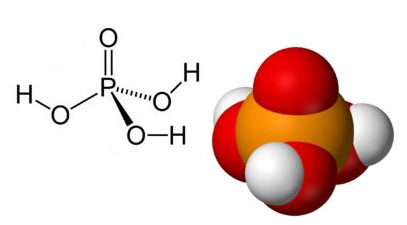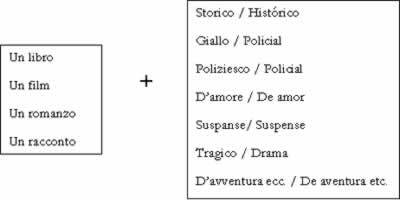A team of Chinese researchers has achieved an extra scientific breakthrough by to convert carbon dioxide (CO2) in sugar through an artificial synthesis process.
This innovative milestone not only promises to redefine sugar production, but also points to a sustainable future in the field of chemistry.
see more
Paper straws have unsustainable ‘forever chemicals’
3 types of trees that will look PERFECT in front of your house
Study Details
Led by experts from the Institute of Industrial Biotechnology of the Chinese Academy of Sciences in Tianjin, collaboration with scientists from the Dalian Institute of Chemical Physics, the research involved more than two years of dedication.
The promising results were recently shared in an article published in the scientific journal Chinese Science Bulletin, a respected multidisciplinary academic journal.
O sugar It is a vital source of energy for human beings and plays an essential role in the industrial production of various fermented products.
Until now, its main source has been sugar cane, but this method faces challenges related to the efficiency of plant photosynthesis, as well as concerns about the sustainable supply of raw materials due to warming global.
To overcome such obstacles, scholars around the world focused on artificial sugar synthesis, leading Chinese scientists to achieve such a remarkable feat.
(Image: disclosure)
Through careful manipulation of the concentration of CO2 and other raw materials in reactive solutions, combined with chemical and enzyme catalysts, they were able to produce many sugar variants, including glucose, allulose, tagatose and mannose.
Experimental results revealed that the synthesis process took about 17 hours, much faster than traditional sugar extraction methods.
The efficiency achieved was impressive, with a production rate of 0.67 grams per liter/hour, more than ten times higher than previous results reported by other research.
Repercussion in the scientific community
Yang Jiangang, leader of the study, highlighted that the CO2 conversion rate, especially in relation to glucose, reached satisfactory levels, demonstrating precise control over sugar synthesis.
Such research opens the door to the production of diverse sugar variants through modulation of catalytic enzymes.
Manfred Reetz, member of Germany's Leopoldina National Academy of Sciences, praised the Chinese research, highlighting that converting CO2 into sugars is a highly challenging task.
The Chinese achievement establishes a flexible, multifunctional and effective pathway for sugar synthesis, representing a significant leap towards sustainable chemistry.
The breakthrough not only revolutionizes sugar production, but also highlights the potential of global collaborative research to address the most pressing challenges of our era and ensure the sustainability of the planet.



